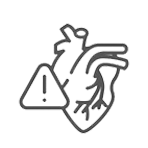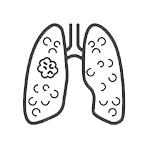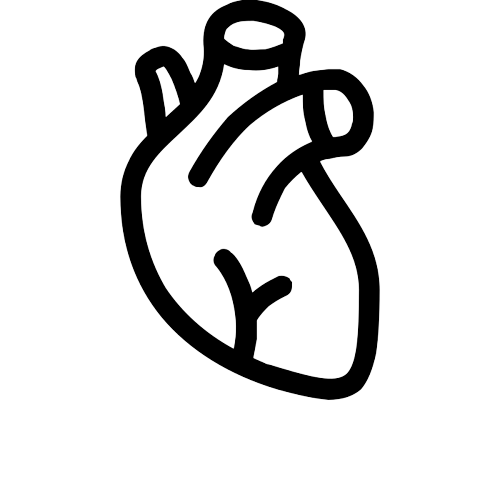Congestive heart failure
Q & A
What is the definition of congestive heart failure?
Heart failure, also known as congestive heart failure, is the inability of the heart muscle to pump blood as efficiently as it should. Your heart is responsible for transporting oxygen-rich blood to organs, tissues and muscles in order to keep the body functioning. When heart failure occurs, it is unable to provide sufficient to the entire body and blood frequently backs up and fluid can accumulate in the lungs, resulting in shortness of breath.
Heart failure does not signify that your heart has stopped beating or failed, but it is a dangerous condition that has a negative effect on your general health. Although it is a chronic disease, some individuals are symptomatic at a late stage and experience it or abruptly.
What symptoms are associated with heart failure?
When your heart cannot deliver enough oxygen and blood to your body, you may suffer a variety of symptoms. Common symptoms of heart failure include fatigue and shortness of breath, which can make walking long distances or climbing stairs difficult. It may become more challenging to exercise, and you may develop a chronic cough or wheezing. Fluid retention can cause edema, or swelling in the legs, ankles, and feet, and some individuals develop excessive weight gain from the accumulation of fluids.
Heart failure signs and symptoms may include:
- Weakness and fatigue
- Rapid or irregular heart beat
- Swelling in your feet and ankles.
- Persistent cough and producing white or pink mucus
- Swelling of the belly
- Very rapid weight gain
- Nausea and lack of appetite
- You may also have shortness of breath during physical activity or when lying down.
How is congestive heart failure caused?
Heart failure often result from disorders that gradually weaken the heart. Coronary artery disease is the most prevalent cardiovascular disease and is a key risk factor. The inner surface of the coronary arteries is narrowed by plaque composed of cholesterol, therefore restricting blood flow. Other heart related diseases such as elevated blood pressure, abnormal heart rhythm, dysfunctional heart valves, damaged or inflamed heart muscle or congenital cardiac condition. Diabetes, thyroid disease, or alcoholism may also be culprits. Stress on the heart can lead to the onset of heart failure. A heart attack can result in irreversible cardiac damage leading to heart failure. Additional risk factors for heart failure include age, race, and body mass index. People older than 65 are more vulnerable to develop heart failure due to inability for the heart to relax.
Occasionally, congestive heart failure occurs suddenly, as opposed to being a chronic condition. In this instance, pulmonary embolisms, heart infections, allergic reactions, and drug side effects are possible causes.
How is heart failure treated?
Heart failure is a chronic illness requiring lifelong treatment. Depending on the reason for heart failure, the goal of therapy is to strengthen your heart, alleviate symptoms and prolong your life. Doctors usually treat heart failure with a combination of medications.
Depending on your symptoms, you might take more than one medications including:
- Angiotensin-converting enzyme inhibitors
- Statins
- Blood-thinning agents
- Angiotensin receptor II antagonists
- Beta-blockers
- Diuretics
- Digoxin
- Nitrates
- Aldosterone antagonists
Based on the clinical response, the doctor may need to adjust your doses frequently, especially when you are just starting on a new medication or when the condition is worsening.
You may be admitted to the hospital if you have a flare-up of heart failure symptoms. While in the hospital, you may receive additional medications to help your heart pump better and relieve symptoms. You may also receive supplemental oxygen through a mask or small tubes placed in your nose.
With the right care, the signs and symptoms of heart failure can get better, and some people may even be able to live longer. Changes in lifestyle, such as weight loss, exercise, a low-sodium diet, and stress management, can enhance your quality of life. Preventing and controlling factors that might cause heart failure, such as coronary artery disease, high blood pressure, diabetes, and obesity, is the best method of preventing heart failure.















